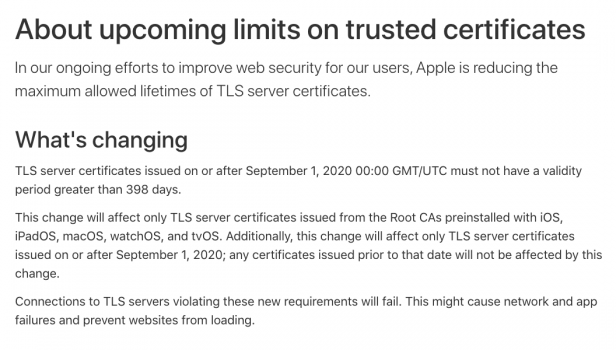I would wait until you are home or can use a better WiFI source. If you happen to travel near an Apple Store, you can use their Wifi for free and it is usually fast.Is 12GB going to break my early 2015 Retina MBP? (I have 16GB of RAM and a 1TB SSD.)
Also, do I stand any chance of downloading such a huge file at the library using Mojave?
(I am fearful my mobile hotspot won't be enough, plus I don't want to burn through a month's data for one download. And I am not "home" anytime soon, so no luck using a more reliable wired connection.)
I don't know what you mean by "break your MBP.." but, your Mac is more than capable of downloading and installing a 12GB file provided the WifI signal is strong for downloading.
Last edited:




